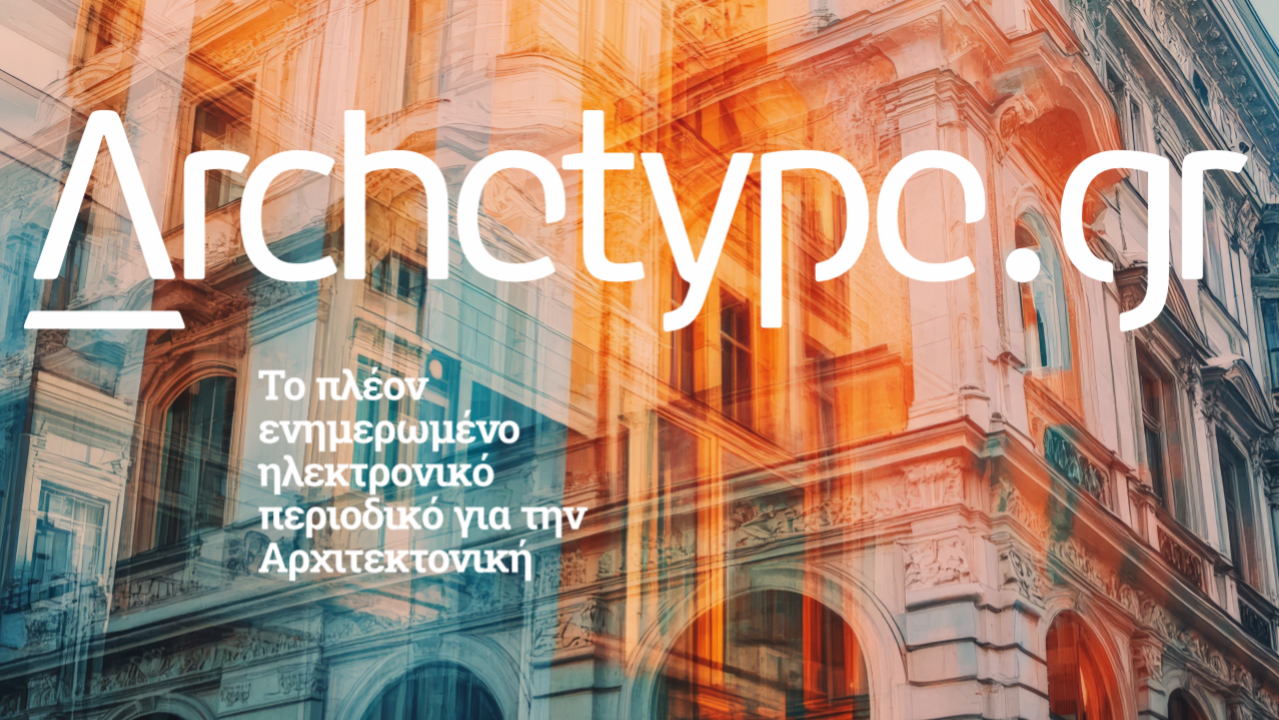
ΕΓΓΡΑΨΟΥ
για να λαμβάνεις τα νέα του Archetype στο email σου!
Thank you!
You have successfully joined our subscriber list.

The renowned Kaira Looro architecture competition concludes its 2024 edition with the announcement of the winners, selected by a prestigious jury composed of some of the world's most influential architects. Organized by the humanitarian organization Balouo Salo, this initiative aims to launch young architectural talents, support charity projects through competition proceeds, and develop research on humanitarian architecture aimed to improve the world and to reduce social inequalities.
This year's competition focused on designing a Maternity Centre for rural areas in Southern Senegal, offering comprehensive healthcare throughout pregnancy. Today, in fact, in Sub-Saharan Africa, over 200,000 women die annually during pregnancy and childbirth due to insufficient healthcare facilities, medical personnel, and adequate sanitation. Rural women often travel over 50 kilometers to reach hospital facilities, with prohibitive costs for transport and medical care. Furthermore, a lack of education affects more than 60% of women, impeding their ability to learn about good hygiene practices and the risks of early pregnancy and unassisted childbirth. These issues lead to six out of ten women choosing traditional home births, exposing themselves and their newborns to significant health risks. The World Health Organization (WHO) provides guidelines to improve maternal and newborn care, including promoting access to healthcare, reducing maternal and neonatal mortality, and promoting hygienic delivery practices.
The competition sought innovative architecture models using sustainable technologies and promoting self-construction process. The design requirements included a maximum indoor surface area of 350 square meters, with specific areas such as reception, healthcare personnel spaces, examination and consultation areas, wards, labor and delivery areas, an operating area for caesarean sections, and a neonatal observation area.
The project site for this competition was any rural area of southern Senegal, where the Balouo Salo organization, founded by architect and humanitarian activist Raoul Vecchio, has been operating since 2014. This region is one of the least developed in the country, with poverty affecting about 90% of the population, only 8% having access to drinking water, and 70% living without electricity.
Additionally, 75% of women lack access to health services, and the neonatal mortality rate is the highest nationally. This situation inspired the competition's focus on finding innovative solutions for maternal healthcare.
Once again, this year, Kaira Looro is confirmed as one of the most recognized and influential architecture competitions worldwide. This edition saw exceptional participation, with around 900 teams from 112 countries, including Italy, Turkey, Poland, India, China, Mexico, Brazil, Taiwan, United States, Colombia, Greece, Spain, Morocco and France.
The competition entries were evaluated by an international jury featuring award-winning architects such as Kengo Kuma (Kengo Kuma and Associates), Benedetta Tagliabue (Benedetta Tagliabue EMBT), Agostino Ghirardelli (SBGA | Blengini Ghirardelli), Mario Cucinella (Mario Cucinella Architects), Urko Sanchez (Urko Sanchez Architects), Raul Pantaleo (TAM Associati), Tosin Oshinowo (Oshinowo Studio), Emmanuelle Moureaux (emmanuelle moureaux INC.), Saad El Kabbaj, Driss Kettani and Mohamed Amine Siana. The scientific committee included composed of Raoul Vecchio (Balouo Salo), Sebastiano D’Urso (University of Catania), Dario Distefano (Archicart), Moulaye Diebate (Balouo Salo), Grazia Nicolosi (University of Catania) , among other experts in sustainable architecture and humanitarian actions.
On 9th July, the organization announced the 50 awarded projects.
The 2024’s edition winner is young architect Bao Gia Luong from Vietnam, who receives €5000 and an internship at Kengo Kuma and Associates in Tokyo.
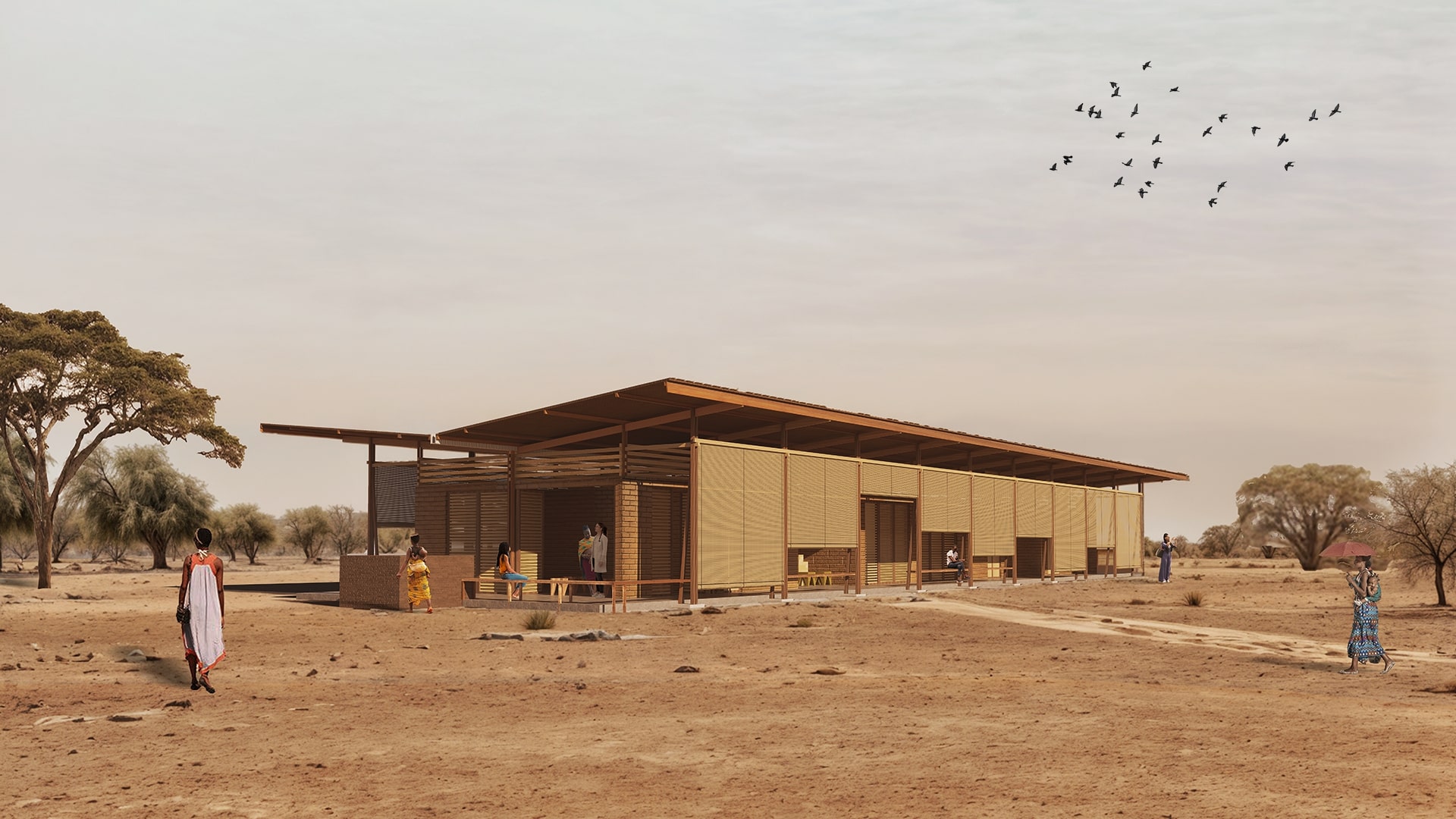
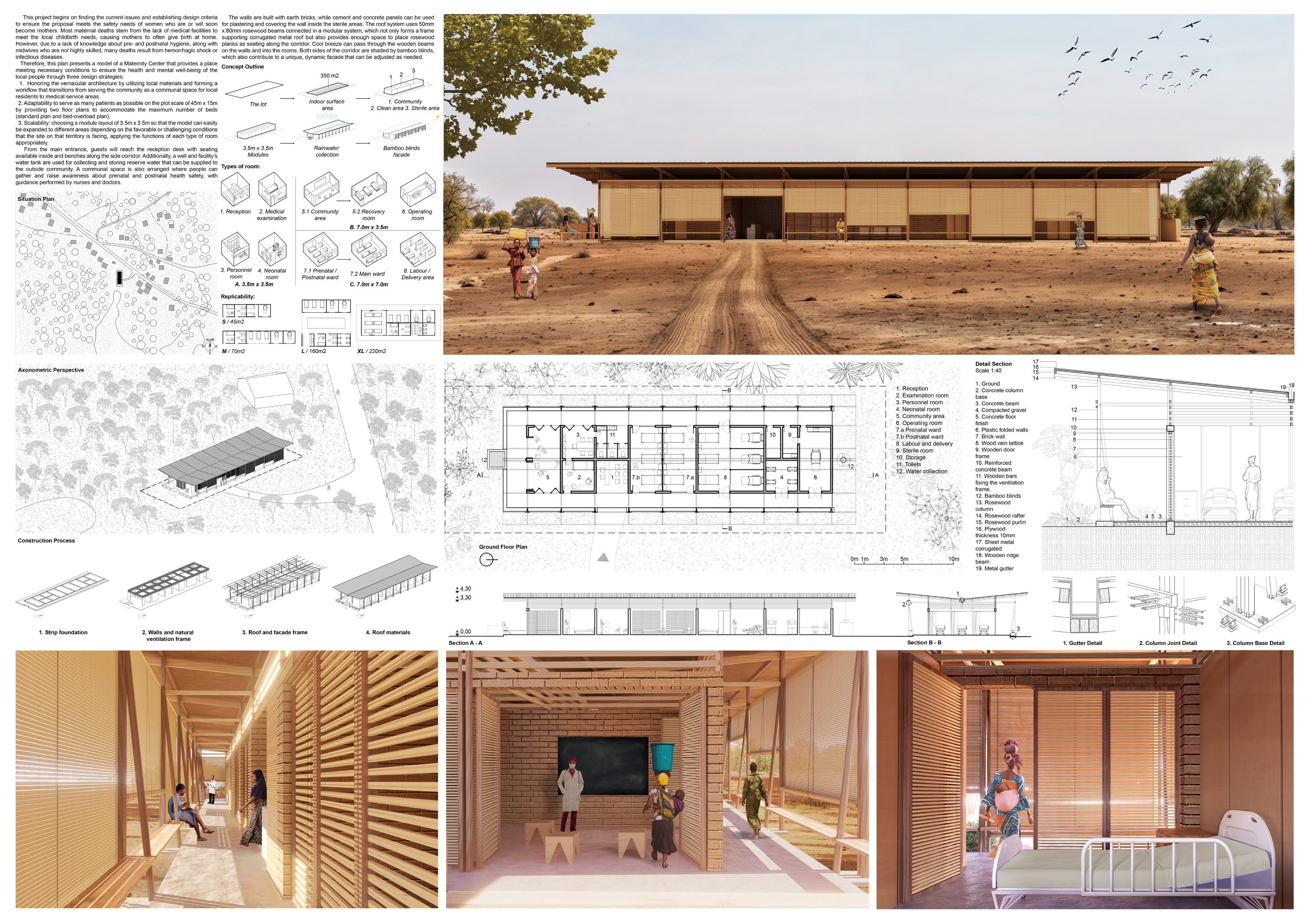
The second prize, awarded to the team composed by Kanomi Fukuoka, Ryota Oreng, Hitoshi Takahashi, Ayaka Soda, Tomohiko Hama from Japan, includes €2000 and an internship at Benedetta Tagliabue EMBT in Barcelona.
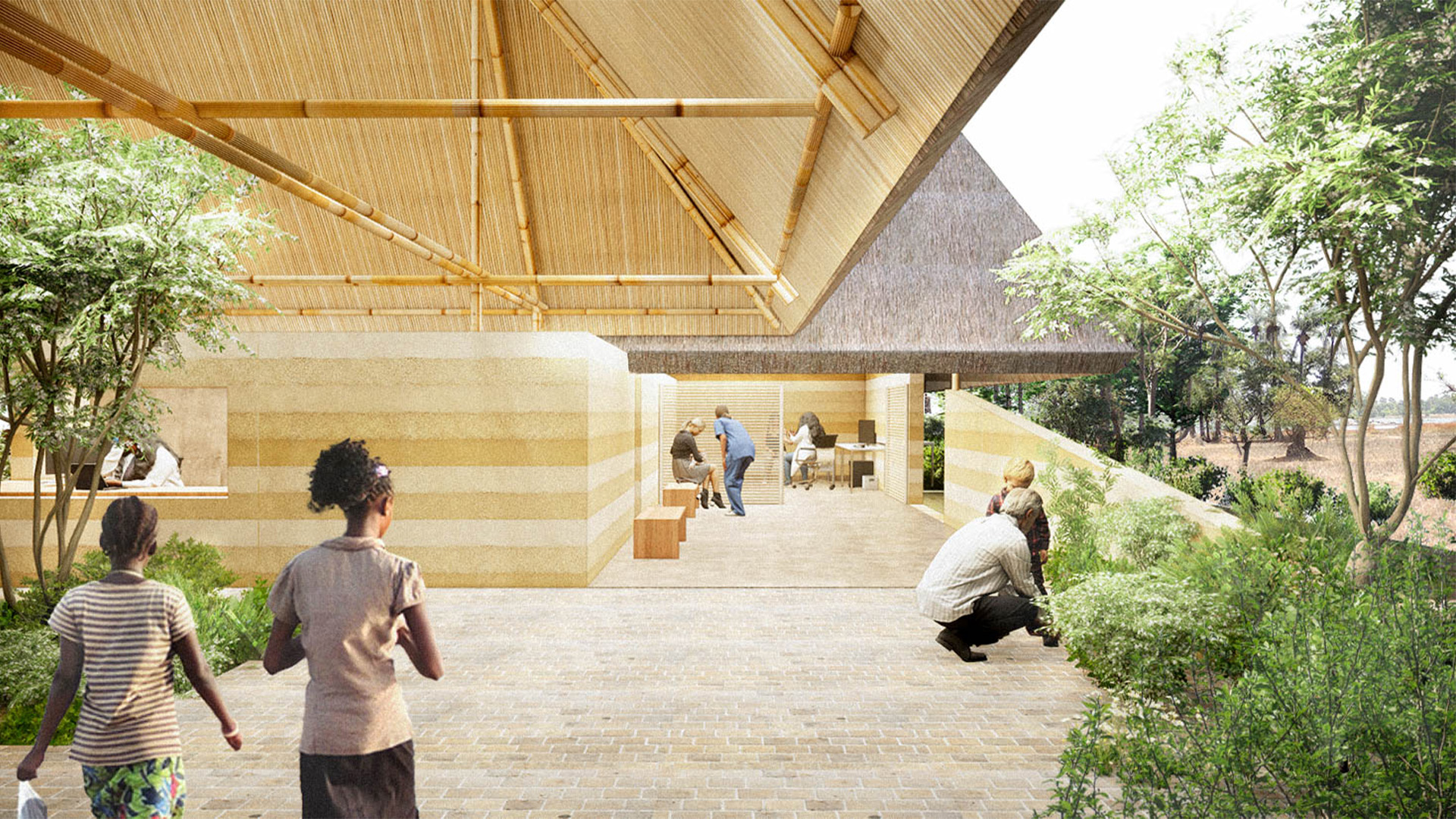
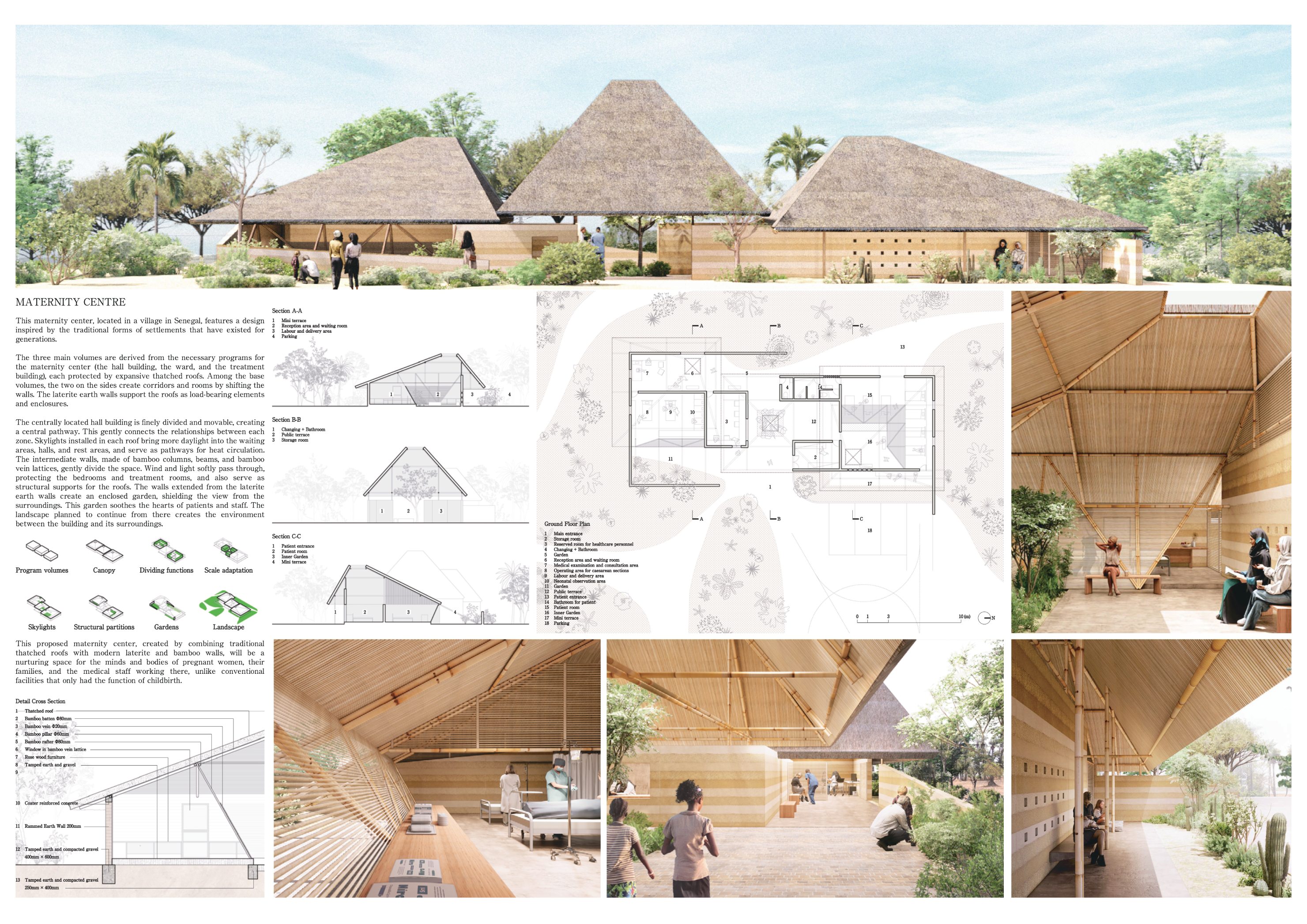
The third prize, awarded to Myrto Venizelou and Olga Psarri from Greece includes €1000 and an internship at SBGA Blengini Ghiradelli in Milan.
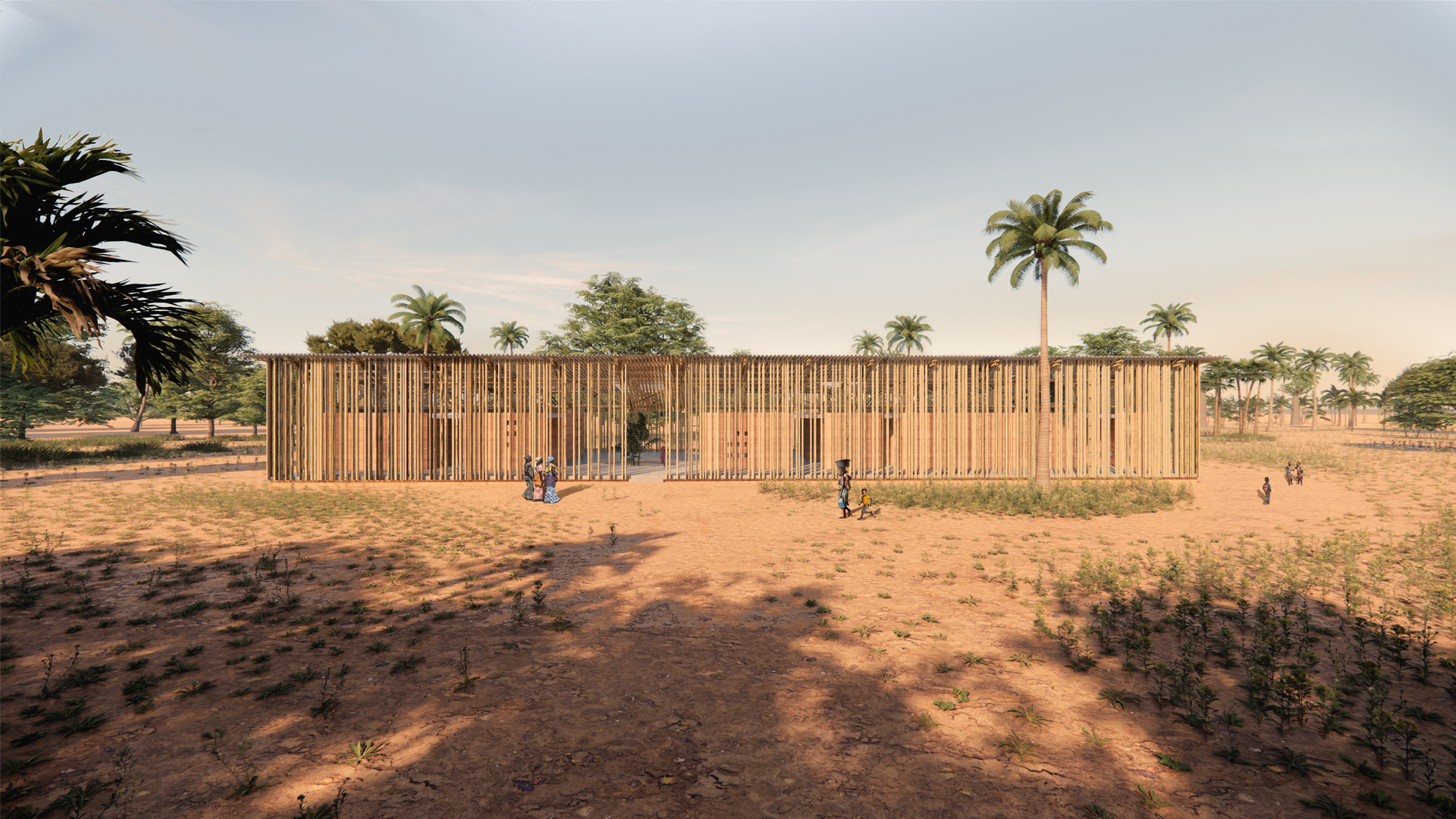
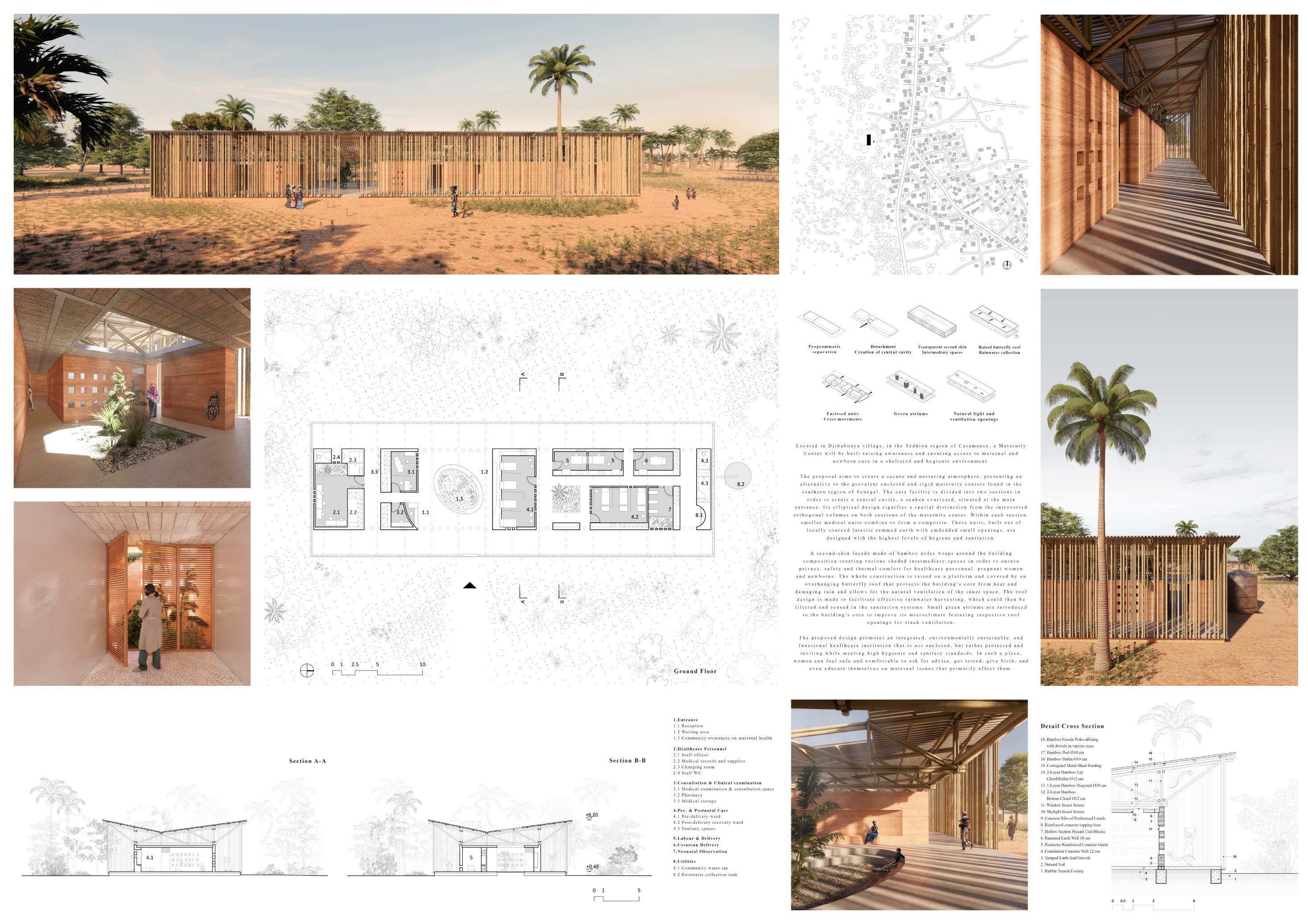
Two honorable mentions were awarded, one chosen by Kengo Kuma and the other by Balouo Salo, to Wei Yuan, Wei Bai, Sicheng Liu, Ziye Pan, Wu Yang Jiang from China and to Karl William Binlin-Dadie, Axel Rossi, Harrif Danon from France, respectively.
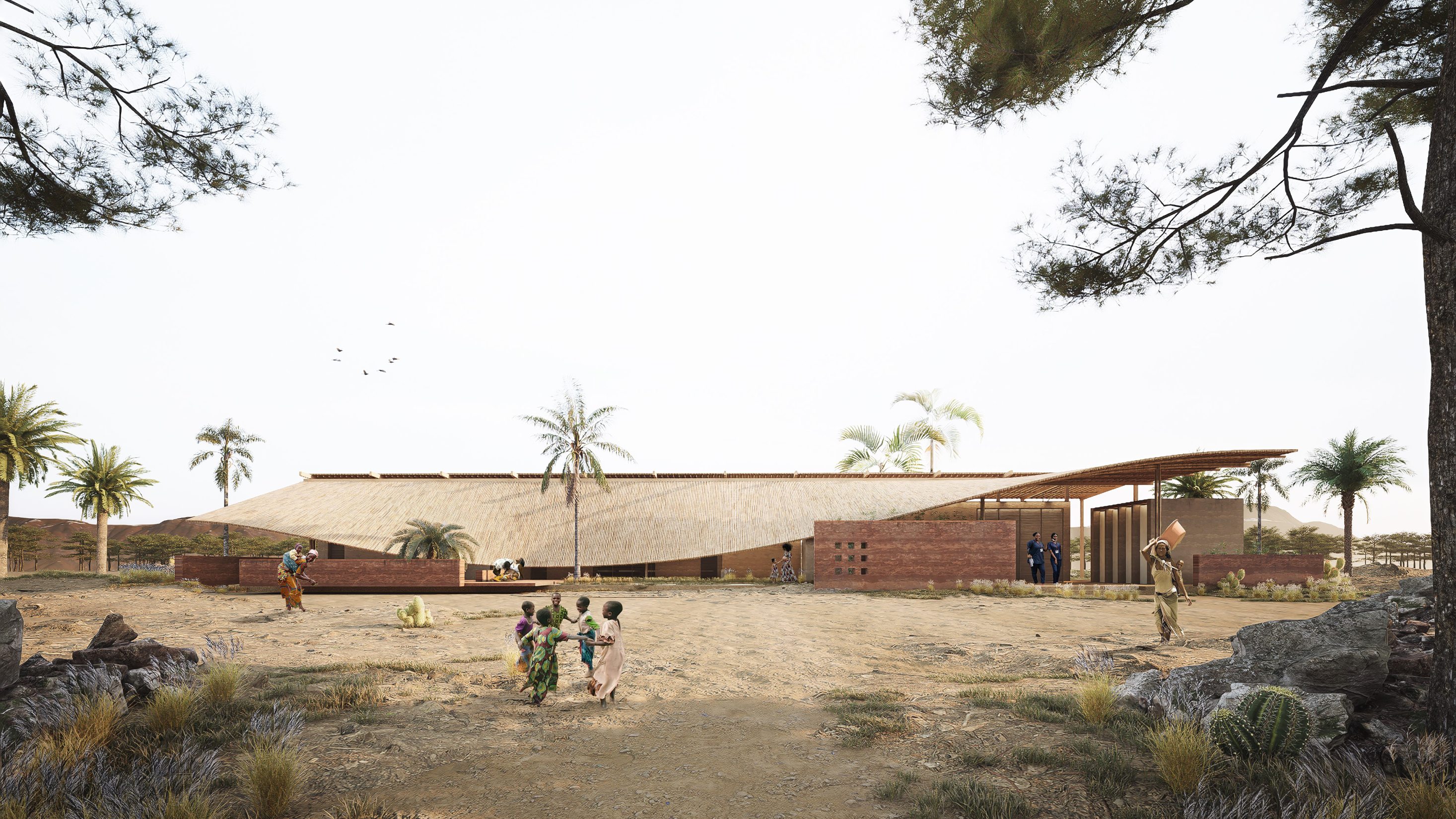
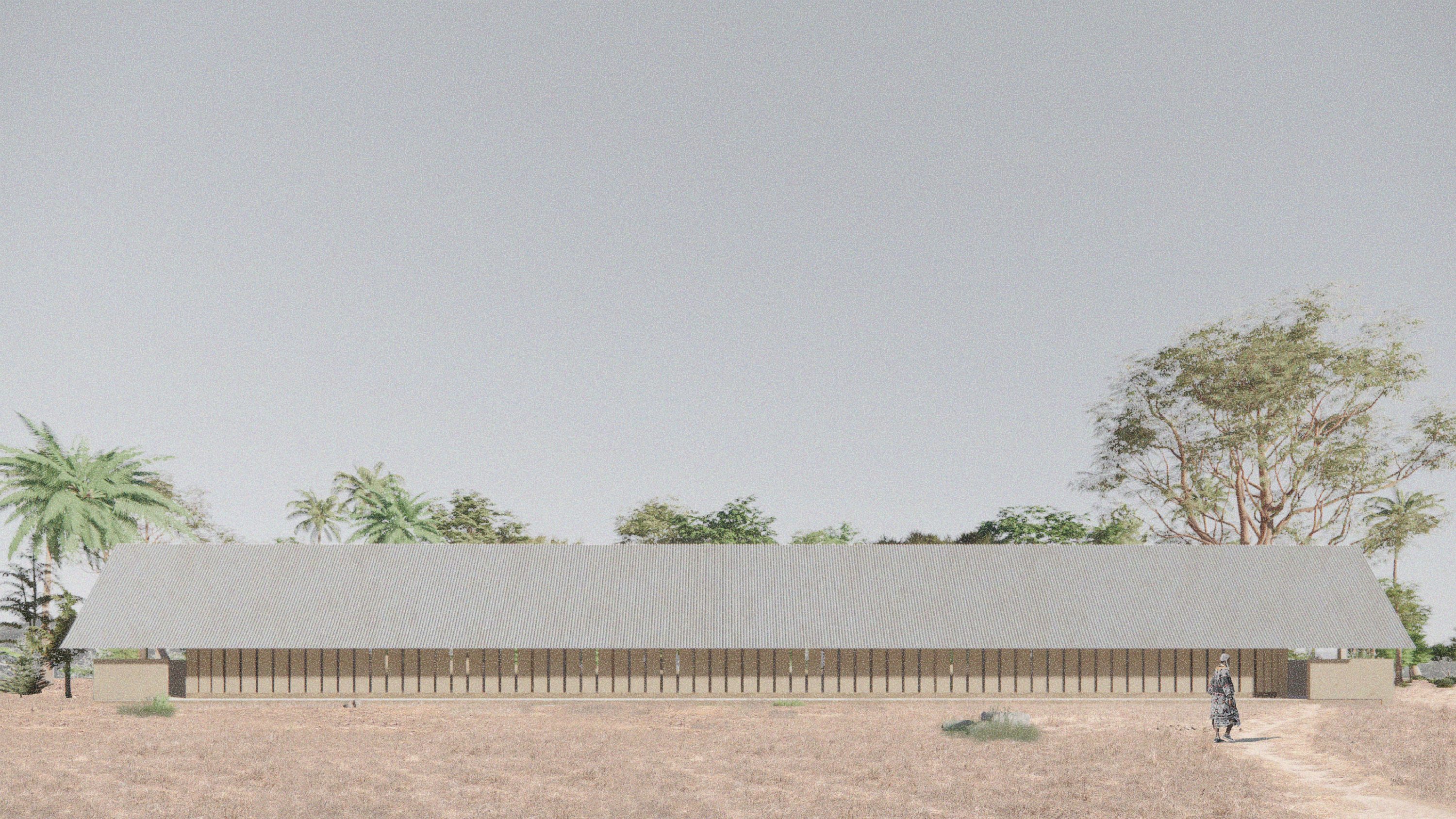
Special mentions went to teams from Italy, Poland, France and Malesya. Additionally, 20 other finalists and 20 projects included in the Top 50 were recognized. All awarded projects will also be published in the official book of the competition, shared with the competition’s Global Media Partners as well as institutional partners, providing maximum visibility to emerging architectural talents worldwide.
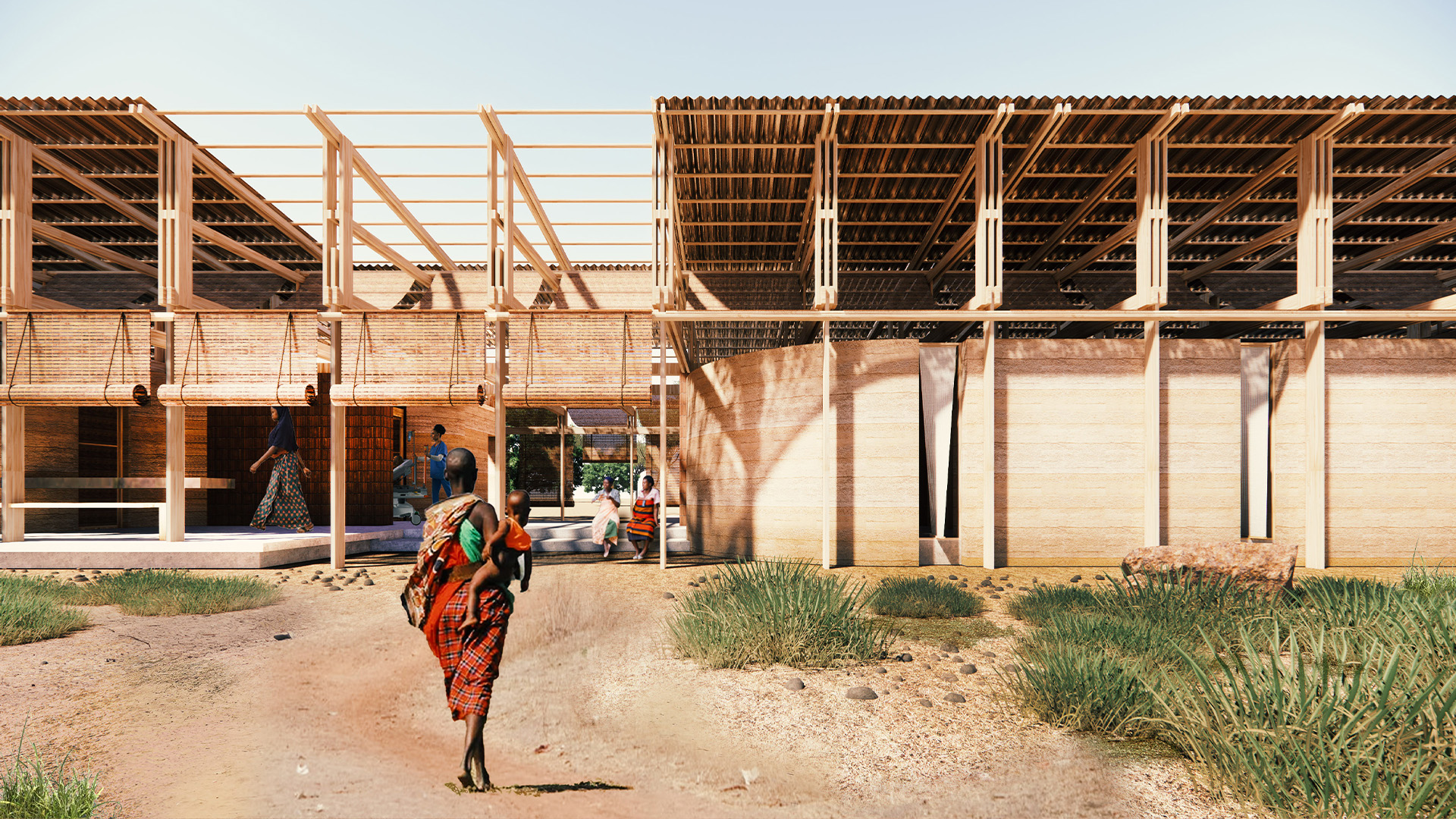
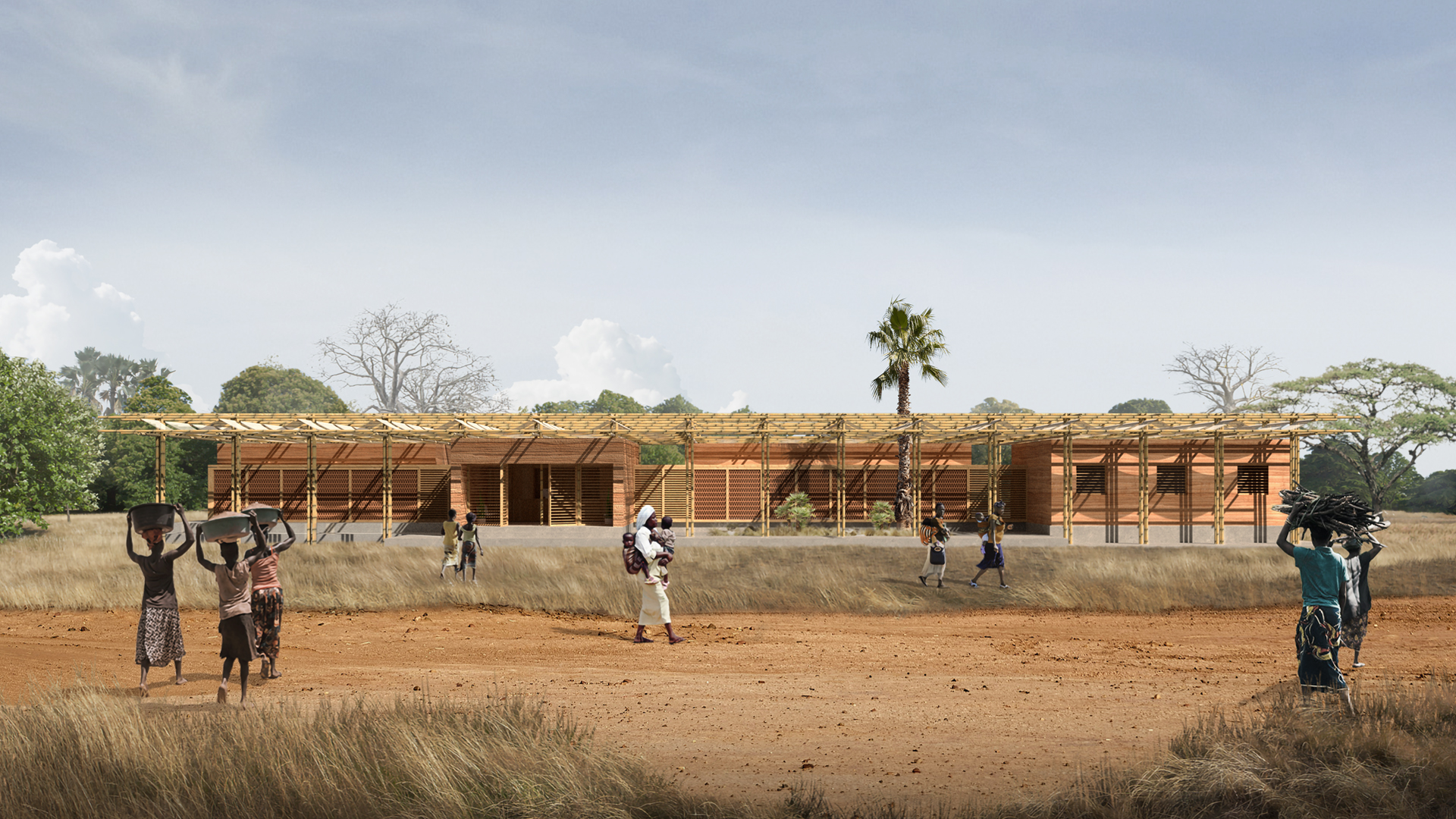
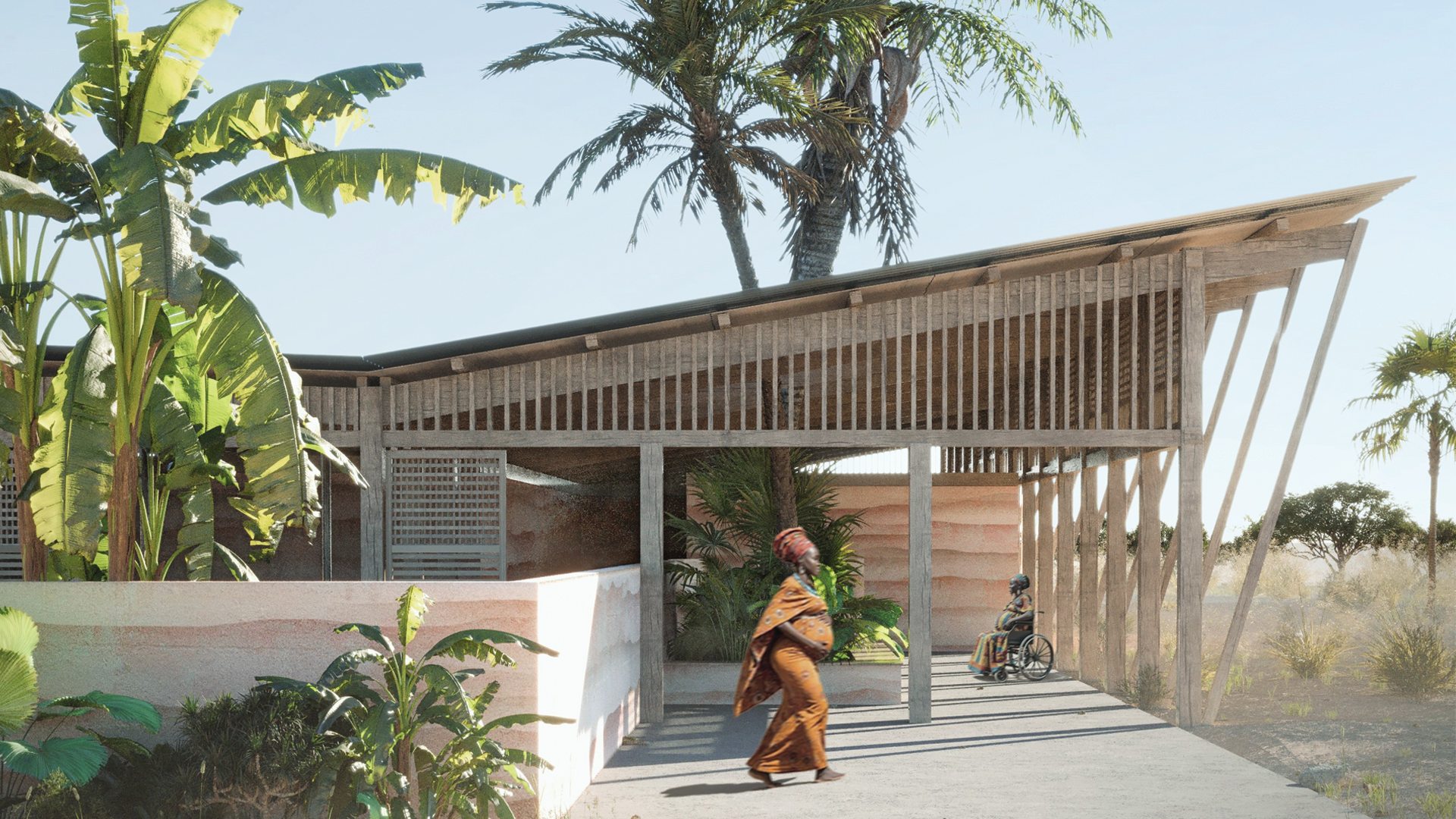
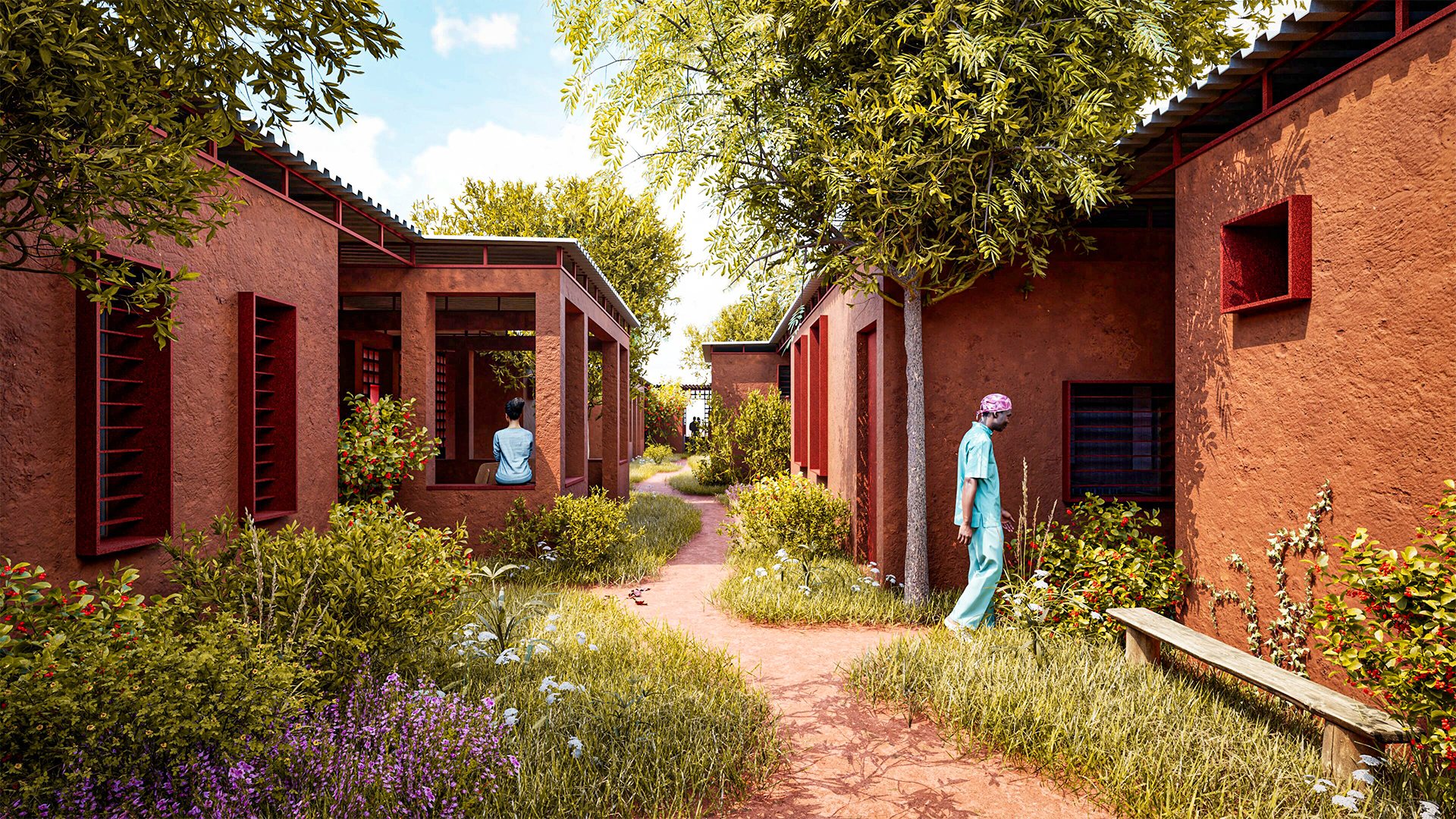
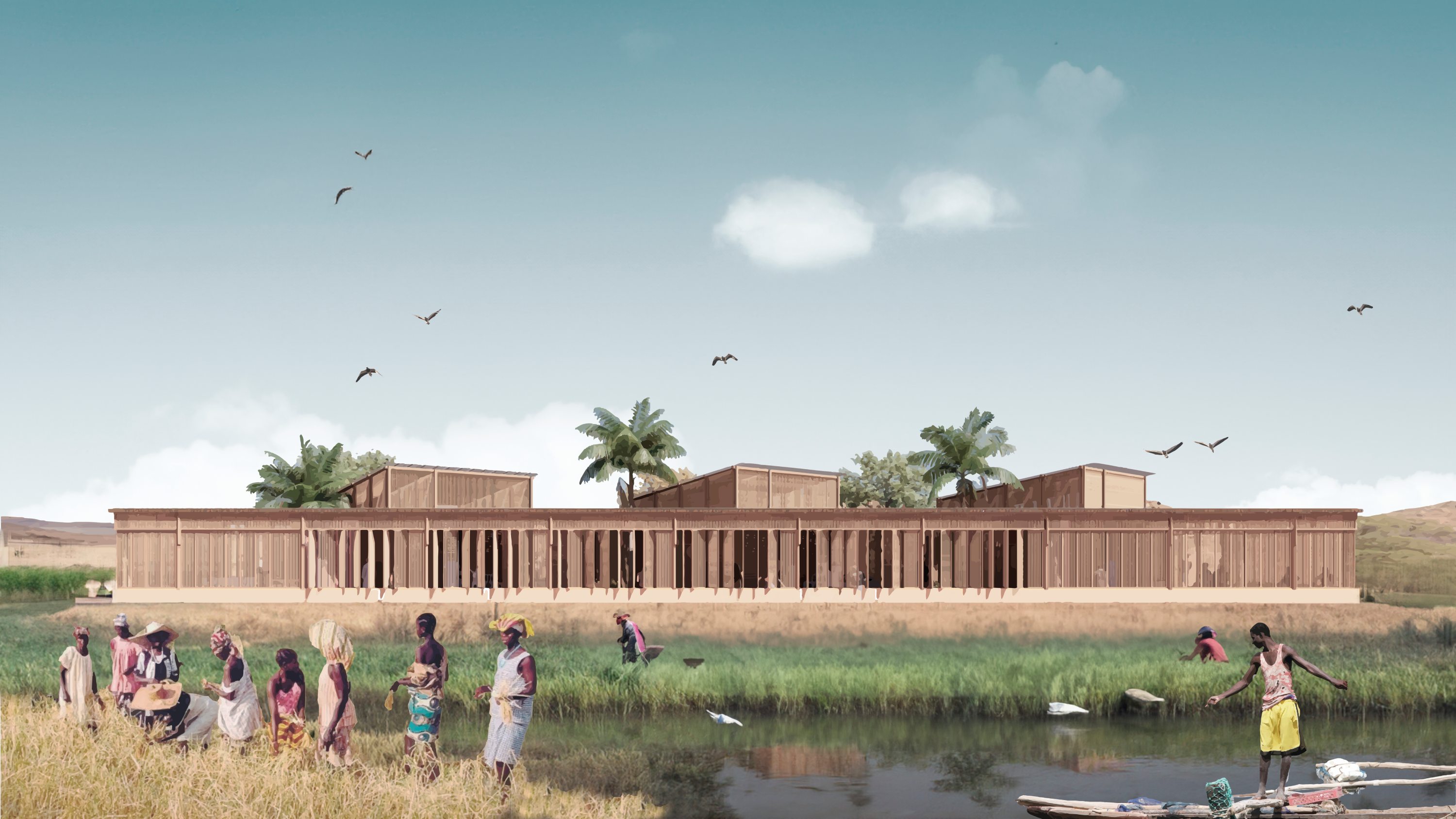
As every year, all competition proceeds are entirely donated to Balouo Salo's charity projects aimed to improve living conditions of disadvantaged rural communities in Africa. Indeed, Kaira Looro is the world's only non-profit architecture competition, supporting numerous charitable projects that have improved the lives of tens of thousands of people, focusing on public health, education, and
access to drinking water. Currently, Balouo Salo is constructing the winning projects from the 2021 and 2022 Kaira Looro editions: the Centre to fight malnutrition and a Women's Training Centre, designed by Ziyu Guo from China and Juan Pablo Isabella Lopez from Colombia.
To participate in the next edition of Kaira Looro, you will need to wait until the end of 2024, when the 2025 edition will be announced, with registrations opening as usual in January. The theme of the new competition has not yet been published, but it promises to be of great interest. In the coming weeks, the competition will announce new award-winning architects who will join the jury, adding even more value to this unique initiative in the world. The 2025 edition will once again be an opportunity to delve deeper into the theme of sustainability and the role of architecture in improving the living conditions of communities and risk and reducing social inequalities.
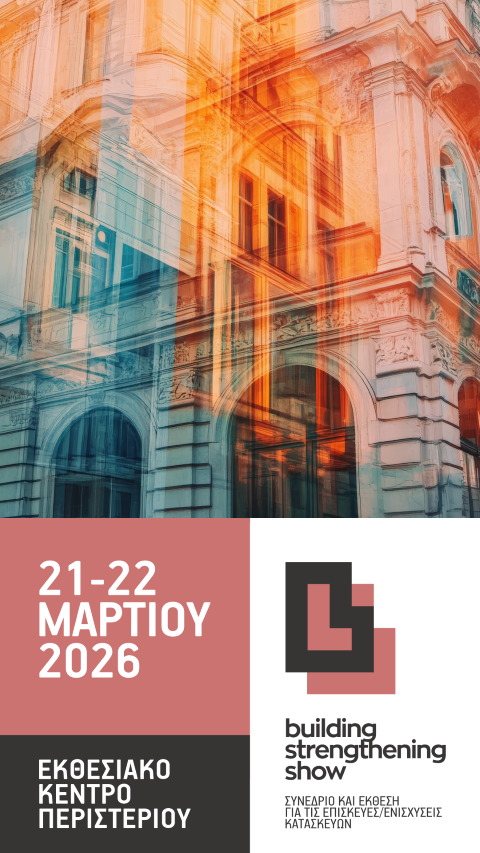
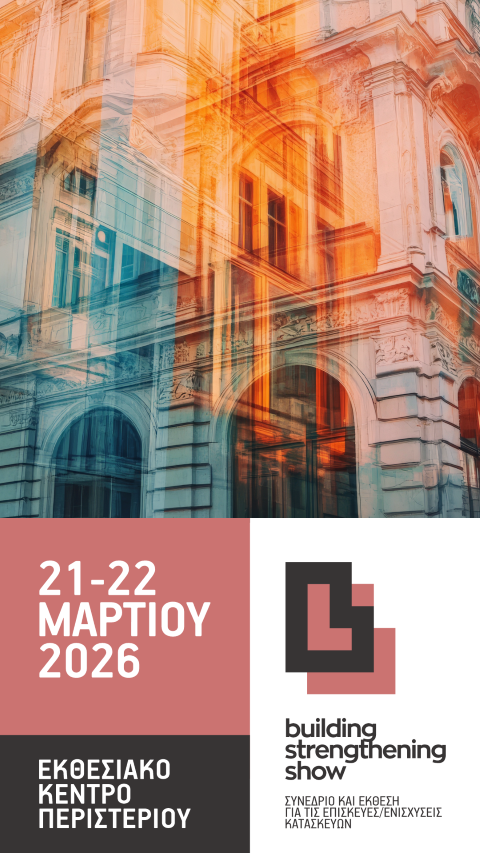
Archetype team - 18/02/2026
 ΟΛΑ ΤΑ ΤΕΥΧΗ
SUBSCRIBE
ΟΛΑ ΤΑ ΤΕΥΧΗ
SUBSCRIBE
Μπορείς να καταχωρήσεις το έργο σου με έναν από τους τρεις παρακάτω τρόπους: